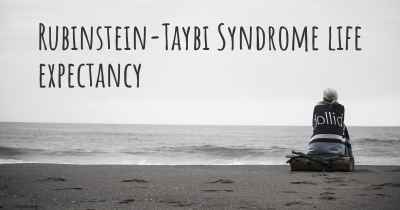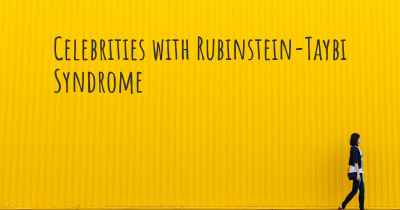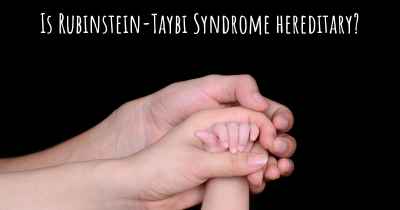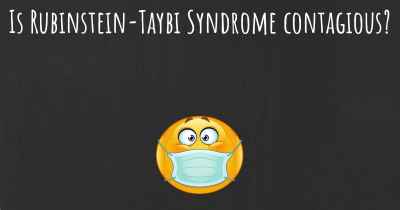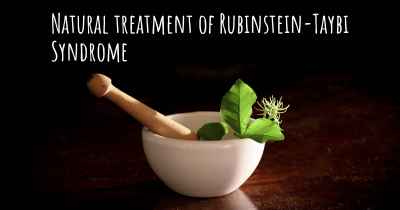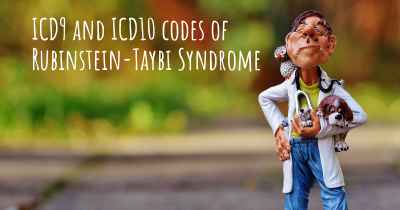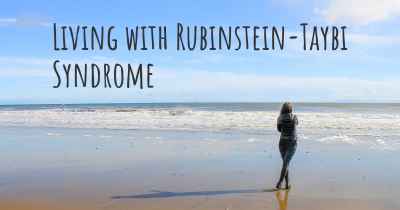Which are the symptoms of Rubinstein-Taybi Syndrome?
See the worst symptoms of affected by Rubinstein-Taybi Syndrome here

Rubinstein-Taybi Syndrome (RTS) is a rare genetic disorder that affects various parts of the body, leading to a wide range of physical and developmental abnormalities. It is characterized by distinct facial features, intellectual disability, growth delays, and other associated medical issues. The severity of symptoms can vary significantly among affected individuals.
Symptoms of Rubinstein-Taybi Syndrome:
Distinct Facial Features:
One of the hallmark signs of RTS is the presence of unique facial characteristics. These may include:
- Downward slanting eyes: The outer corners of the eyes may point downward.
- Thick eyebrows: The eyebrows are often broad and may meet in the middle (synophrys).
- Long eyelashes: Individuals with RTS often have long and curly eyelashes.
- Wide nasal bridge: The bridge of the nose may be broad.
- Low-set ears: The ears may be positioned lower than usual.
- Prominent nose: The nose may appear large or beak-like.
- High-arched palate: The roof of the mouth may be highly arched.
- Micrognathia: The lower jaw may be smaller than normal.
Intellectual Disability:
Most individuals with RTS have some degree of intellectual disability. The severity can range from mild to moderate, and in some cases, it may be more severe. Intellectual disability affects cognitive abilities, learning, and overall development.
Growth and Developmental Delays:
Children with RTS often experience delays in growth and development. These delays may include:
- Delayed motor skills: Children may have difficulty with activities such as sitting, crawling, walking, and coordination.
- Delayed speech and language: Speech development may be delayed, and individuals may have difficulty with articulation and language comprehension.
- Delayed cognitive development: Intellectual development may be slower than expected, affecting learning abilities and problem-solving skills.
- Delayed social and emotional development: Individuals with RTS may have challenges with social interactions, understanding emotions, and expressing themselves.
Other Associated Medical Issues:
Individuals with RTS may also experience various medical problems, which can vary from person to person. Some of the common associated issues include:
- Heart abnormalities: Congenital heart defects may be present in some individuals with RTS.
- Eye problems: Strabismus (crossed eyes), refractive errors, and other eye abnormalities can occur.
- Hearing loss: Some individuals may have hearing impairment or be prone to recurrent ear infections.
- Gastrointestinal issues: Problems such as gastroesophageal reflux disease (GERD), constipation, and feeding difficulties may be observed.
- Genitourinary abnormalities: Structural abnormalities of the kidneys, urinary tract, or genitalia may be present.
- Skeletal abnormalities: These may include broad thumbs and toes, short stature, scoliosis, and other bone-related issues.
- Increased infection susceptibility: Individuals with RTS may be more prone to respiratory infections and other illnesses.
- Behavioral and psychological issues: Some individuals may exhibit hyperactivity, attention deficit hyperactivity disorder (ADHD), anxiety, or other behavioral challenges.
It is important to note that not all individuals with RTS will have every symptom mentioned above. The combination and severity of symptoms can vary widely, even among affected family members.
Conclusion:
Rubinstein-Taybi Syndrome is a complex genetic disorder characterized by distinct facial features, intellectual disability, growth and developmental delays, and various associated medical issues. Early diagnosis and intervention are crucial to provide appropriate medical care, therapies, and support to individuals with RTS, helping them reach their full potential.
Posted Mar 30, 2017 by Lspinelli 1000
Posted Mar 30, 2017 by Eyman 300
Of all the range possible, because they do not always have all, to me, that can lead to a greater negative impact on those affected are, in decreasing order, due to their frequency and severity: serious mental disabilities, stomach problems, heart, joints, and skeletal, vision.
Posted Mar 30, 2017 by Álvaro Martos 1050
